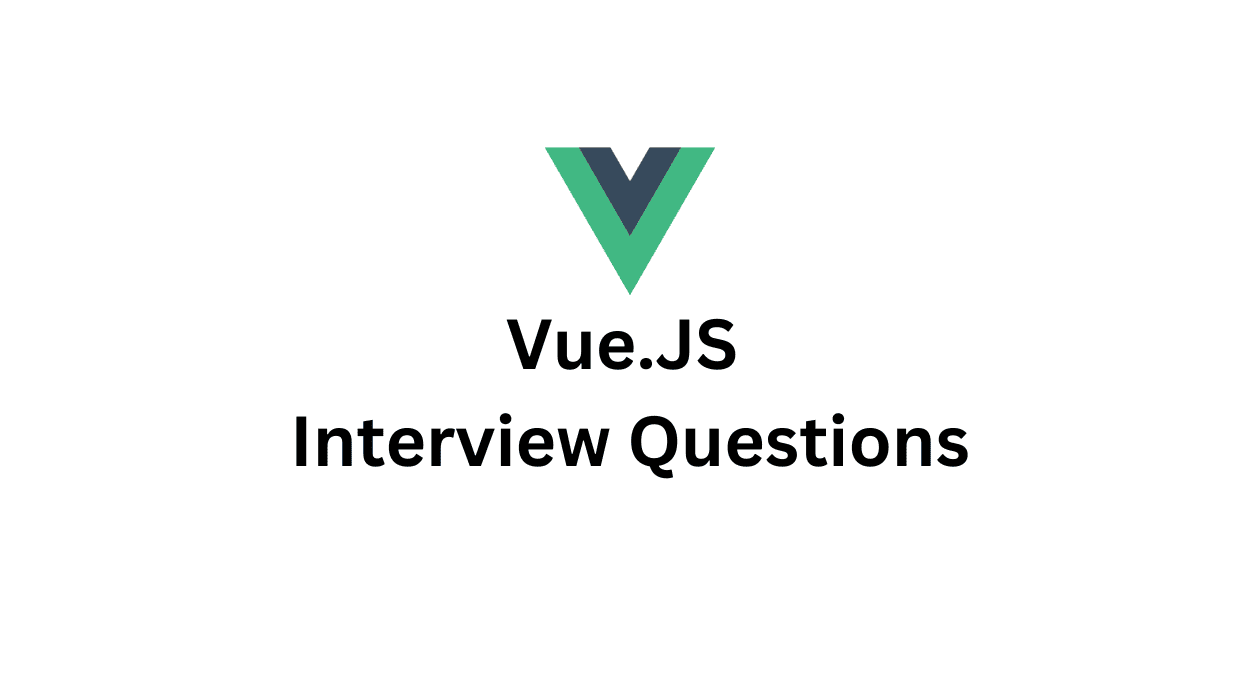
Top 5 Vue.js Interview Questions and Answers
As Vue.js continues to gain popularity among front-end developers for its simplicity and ease of integration, it's increasingly important for job seekers in the tech industry to be well-versed in Vue.js. Whether you're preparing for an interview or looking to brush up on your Vue.js skills, here are some key questions and answers that can help you get ready.
1. What is Vue.js and How Does it Compare to Other Frameworks like React and Angular?
Answer: Vue.js is a progressive JavaScript framework used for building user interfaces and single-page applications. Unlike monolithic frameworks, Vue is designed from the ground up to be incrementally adoptable. The core library focuses on the view layer only, making it easy to integrate with other libraries or existing projects. Vue is also perfectly capable of powering sophisticated single-page applications when used in combination with modern tooling and supporting libraries.
Compared to React and Angular, Vue.js is often praised for its simplicity and detailed documentation. Vue provides reactive and composable data binding, similar to React, but with a simpler syntax. Angular, on the other hand, is a full-fledged MVC framework, which might be more suitable for larger projects but can be overkill for smaller ones.
2. Explain the Vue.js Lifecycle Hooks.
Answer: Vue.js instances go through a series of initialization steps when they're created - for example, setting up data observation, compiling the template, mounting the instance to the DOM, and updating the DOM when data changes. During these steps, lifecycle hooks are called, allowing users to add their own code at specific stages.
The main lifecycle hooks are:
beforeCreate: Called right before the initialization of the data observation.created: Called after the instance has been created.beforeMount: Called right before the mounting begins.mounted: Called after the instance has been mounted.beforeUpdate: Called when the data changes, before the virtual DOM is re-rendered and patched.updated: Called after the data changes and the virtual DOM has been re-rendered and patched.beforeDestroy: Called right before a Vue instance is destroyed.destroyed: Called after a Vue instance has been destroyed.
3. What are Components in Vue.js?
Answer: Components are one of the most powerful features of Vue.js. They help you extend basic HTML elements to encapsulate reusable code. At a high level, components are custom elements that Vue’s compiler attaches behavior to. In Vue, a component is essentially a Vue instance with pre-defined options.
Components can be reused as many times as needed. This makes it a great abstraction for building large-scale applications, where you can compose components into more complex components and applications.
4. How Do You Implement Conditional Rendering in Vue.js?
Answer: Vue.js uses the v-if directive to conditionally render elements. This directive will only render the element it is applied to if the expression it binds to returns a truthy value. There's also v-else and v-else-if for more complex conditional logic. Additionally, Vue offers the v-show directive, which toggles the display CSS property of the element based on the truthiness of the expression. The main difference between v-if and v-show is that v-if actually adds or removes the element from the DOM, whereas v-show just changes its visibility.
5. Can You Explain Vue.js Reactivity System?
Answer: Vue.js’s reactivity system is what makes it so efficient at updating the DOM. In Vue, each component keeps track of its reactive dependencies during its render, so the system knows precisely when to re-render, and which components to re-render.
This is achieved through a combination of the Object.defineProperty() API (used to observe changes to reactive data) and a “virtual DOM”, which is a lightweight copy of the actual DOM. When a piece of reactive data changes, Vue updates the virtual DOM with new information. Then, Vue performs a "diff" between the virtual DOM and the actual DOM and efficiently updates the actual DOM to match the virtual DOM.
Conclusion
Vue.js is an accessible yet powerful JavaScript framework. Understanding its core concepts and being able to articulate them clearly can greatly improve your chances in a front-end developer interview. Whether you're a seasoned developer or just starting out, these questions will help you prepare and demonstrate your knowledge of Vue.js. Remember, the best way to prepare for an interview is not just to understand these concepts but to have practical experience in using them in real-world applications.